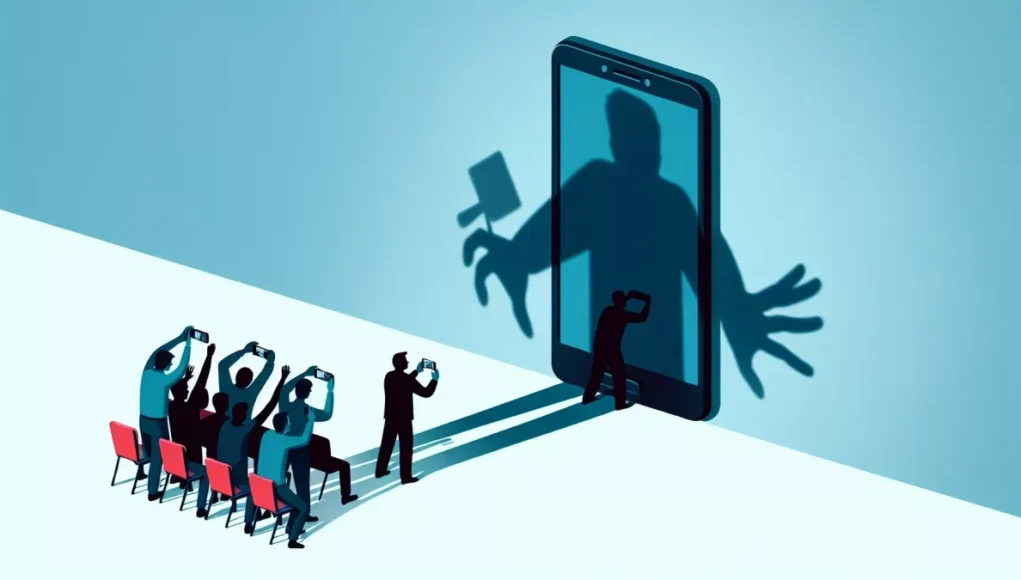The rise of citizen journalism, fueled by the explosion in digital technologies over the past two decades, has fundamentally reshaped the media landscape. Gigabytes of text, video, photos, and audio are uploaded every minute by ordinary individuals seeking to share news from their unique perspectives. However, alongside its many boons, this new vogue of journalism also comes with potential drawbacks – mainly, the risk of exploitation.
Citizen journalism has grown beyond the realm of hobbyist bloggers and amateur photographers into a powerful tool within the news environment. The Arab Spring in 2011, the various Black Lives Matter incidents, the war in Syria, and more recently, the Covid-19 pandemic have served as stronghold examples of the power of citizen journalism. Ordinary people document unfolding events on their smartphones, sharing groundbreaking stories that might otherwise be ignored or misrepresented by mainstream media. The immediacy, authenticity, and raw energy captured in these feeds make them invaluable sources of information.
However, beneath the upsides of citizen journalism looms the glaring risk of exploitation – both of the individual citizen journalists themselves and the misinformation that might propagate due to the lack of standard vetting processes that govern professional journalism.
Broadly speaking, individual citizen journalists are often susceptible to exploitation because they lack institutional support and protective mechanisms afforded to their professional counterparts. Without formal training, they might not understand the risks they are taking – legally, professionally, and personally – when they report on sensitive issues. In situations like covering protests or conflicts, citizen journalists can unwittingly put themselves in direct danger. Moreover, since they are not protected by organizations, they are more vulnerable to litigations and threats.
In an environment where clicks and views are king, media outlets may also exploit citizen journalism’s immediacy and intensity, caring less about fairness and more about sensationalism. This puts an increasing amount of pressure on citizen journalists to capture the most dramatic and eye-catching content, often at the expense of context and accuracy.
Simultaneously, the democratization of news-making opens the floodgates to misinformation, fake news, and propaganda. Citizen journalism, by its very nature, lacks the checks and balances that are part and parcel of traditional journalism – fact-checking, source verification, editorial oversight, to name a few. As a result, it aids the spread of false information, leading to potentially dangerous consequences.
But it’s not all gloom and doom. Many media organizations and tech companies are making concerted efforts to safeguard citizen journalists and curb the spread of misinformation. Google, for instance, has incorporated strict fact-checking mechanisms and clear labeling of news sources on its News platform. Facebook, Twitter, and YouTube have also introduced various measures to tackle fake news.
As for protection and education of citizen journalists, nonprofits like the Committee to Protect Journalists (CPJ) and Reporters Without Borders (RSF) constantly advovcates for greater protection for citizen journalists. They offer guidelines, advice, and legal assistance to those who find themselves in hazardous situations.
In the end, the democratization of news-making brought forth by citizen journalism is definitely a step forward. However, it’s a fine line to tread to ensure that it does not lead to exploitation or misinformation. The task for media organizations, tech companies, and society as a whole remains to strike a balance between embracing this new wave of journalism and ensuring that it maintains the values of accuracy, fairness, and responsibility that form the bedrock of journalism.
Sources:
1. Freedom House (2020). Freedom on the Net 2020: The Pandemic’s Digital Shadow.
2. Reporters Without Borders (2020). 2020 World Press Freedom Index.
3. Committee to Protect Journalists (2020). Getting Away With Murder.
4. Tsetsura, K. & Luoma-aho, V. (2020). Handbook of Communication and Corporate Reputation.
5. Goode, Luke (2009). Social news, citizen journalism and democracy. New Media & Society. 11.






